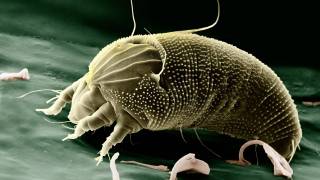Nasal Antihistamine for Nonprescription Use Approved

The U.S. Food and Drug Administration (FDA) approved a nasal antihistamine for nonprescription use through a process called a partial prescription to nonprescription switch on June 17, 2021.
The FDA approved Astepro (azelastine hydrochloride nasal spray, 0.15%) for seasonal and perennial allergic rhinitis—commonly known as allergies—for adults and children six years of age and older.
Azelastine can cause drowsiness. The label warns that consumers using this product should avoid alcoholic drinks and be careful when driving a motor vehicle or operating machinery. Using azelastine nasal spray with alcohol, sedatives, or tranquilizers may increase drowsiness, says the FDA.
“Seasonal and perennial allergies affect millions of Americans every year, causing them to experience symptoms of nasal congestion, runny nose, sneezing, and more,” commented Theresa M. Michele, M.D., director of the office of nonprescription drugs in the FDA’s Center for Drug Evaluation and Research, in a press statement.
“Today’s approval provides individuals an option for a safe and effective nasal antihistamine without requiring the assistance of a healthcare provider.”
For a drug to switch from prescription to nonprescription status, the data provided must demonstrate that the drug is safe and effective for use in self-medication as directed in proposed labeling. The manufacturer must show that consumers can understand how to use the drug safely and effectively without the supervision of a healthcare professional.
This approval is a first-in-class switch for a nasal antihistamine. It is considered a partial switch because of the 0.1% strength, which includes the perennial allergy indication for children 6 months to 6 years old and seasonal allergy indication for children 2 to 6 years old, which will remain prescription based.
The FDA granted the approval of nonprescription Astepro to Bayer Healthcare LLC.
Our Trust Standards: Medical Advisory Committee























